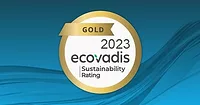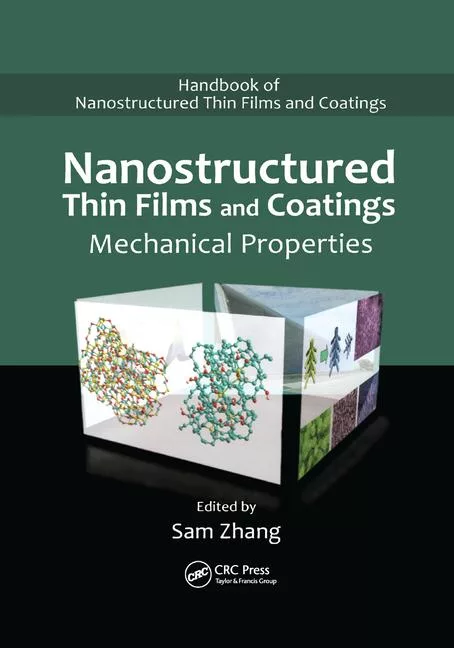AkzoNobel Earns Third Sustainability Declaration

Image courtesy of AkzoNobel.
Interpon powder coatings from AkzoNobel have received an Environmental Product Declaration (EPD) for a third time, confirming the company’s continued commitment to full transparency in the sustainability of its products and aligned to its own sustainability goals including a 50% carbon footprint reduction by 2030.
An EPD is an independently verified assessment of a product's environmental impact across its whole lifespan, from initial production to end-of-life disposal or recycling. It contributes benefits to some of the leading green building schemes, such as LEED (Materials and Resources) and BREEAM (Materials) certified building projects.
Interpon D became the first powder coating to achieve an EPD in 2015; this was renewed in 2018. The latest EPDs are valid for a further five years with global geographical scope considering 11 representative powder coating production sites.
Interpon’s EPD is compliant with ISO 14025:2006 type III declaration and EN 15804:2012+A2:2019/AC:2021. EPD International AB, a company registered in Sweden, is the programme operator and has the overall responsibility for the administration and operation of the International EPD® System. The most recent three declarations for the Interpon D1000, D2000 and D3000 product series deliver even more detailed transparency in accordance with EN15804+A2.
Bob Dirks, Global Segment Manager Architectural AkzoNobel Powder Coatings, says that Interpon continues to be the stand-out performer in every sense: “This EPD renewal shows how we are committed to providing total transparency concerning the sustainability credentials of the raw materials, manufacture and transportation associated with creating Interpon D,” he explains.
“The interest for environmental declarations in building rating systems and certification schemes has increased significantly in the last few years, and Interpon continues to lead the way in giving architects and specifiers greater depth and knowledge of the materials they are using and their life cycle environmental impact.”
AkzoNobel has committed to generating 50% fewer carbon emissions in its operations across its value chain by 2030. It is also committed to achieving 100% circular use of materials by the end of the decade and delivering 50% of revenues from sustainable solutions.
For more information go to https://architectural.interpon.com/sustainability/.
Looking for a reprint of this article?
From high-res PDFs to custom plaques, order your copy today!









